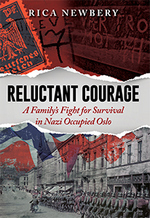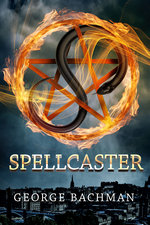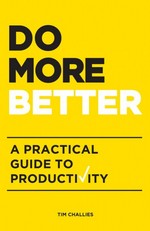 Reluctant Courage
Reluctant Courage
by Rica Newbery
eARC, 234 pg.
BookVenture, 2017
Read: May 5 – 7, 2018

When I don’t like a book (yes, it’s going to be one of those posts), sometimes I’m tempted to describe all the problems I had with the book. And some deserve it. But generally, I don’t want to do that — it seems mean, a lot of this is subjective anyway, and someone poured themselves into their book and why kick them?
So I’ll keep this short and vague.
We’re in Oslo, two years into the Nazi occupation. One thing that’s easy to forget is that even under oppressive governments, life goes on — people love, get married, have kids, go to school, have affairs, abuse substances, and whatnot. Sure, you’ve got to be careful about it — you don’t want to attract the attention of the oppressors or anything, but hey, into each life family turmoil must fall.
Maria and her three daughters (and sometimes her husband) spend so much time bickering and fighting with, or just hurting, each other that it’s almost like they forgot there are Nazi soldiers walking the streets. Sadly, throughout, the antagonism and outbreaks of anger, or sadness, or what have you, don’t feel organic, but rather the results of authorial need. Their lives are filled with poverty, hardship, disease and bitterness — and more than a few attitudes that don’t seem genuine for anyone living tat that point in history (with or without Nazi soldiers on the streets).
I do want to stress that everything that happens is plausible, is possibly based on fact — I’m not commenting on that. It’s the frequently melodramatic way this novel depicts it — it’s just not well-written. Shallow characterization, poor pacing, and strange organization are what dooms this.
There’s one scene that comes out of nowhere that gave me a little hope for the book when someone (who’d basically be depicted as a horrible person) risks life and career to save some Jewish families from arrest. It’s a long time before anything comes from that one scene. I didn’t dislike and/or get put off by the whole book, there was a point that I breathed a sigh of relief — something interesting was finally happening. It was page 148 when I noted that. Sadly, most of what followed (at least the parts that had to do with that event) was hard to believe — and was shoehorned in with a few other storylines for the last 80 pages.
Dull, cliche-filled, aimless, and difficult to believe. Don’t waste your time on this.
Disclaimer: I was given a copy of this book in exchange for my honest opinion.
—–








